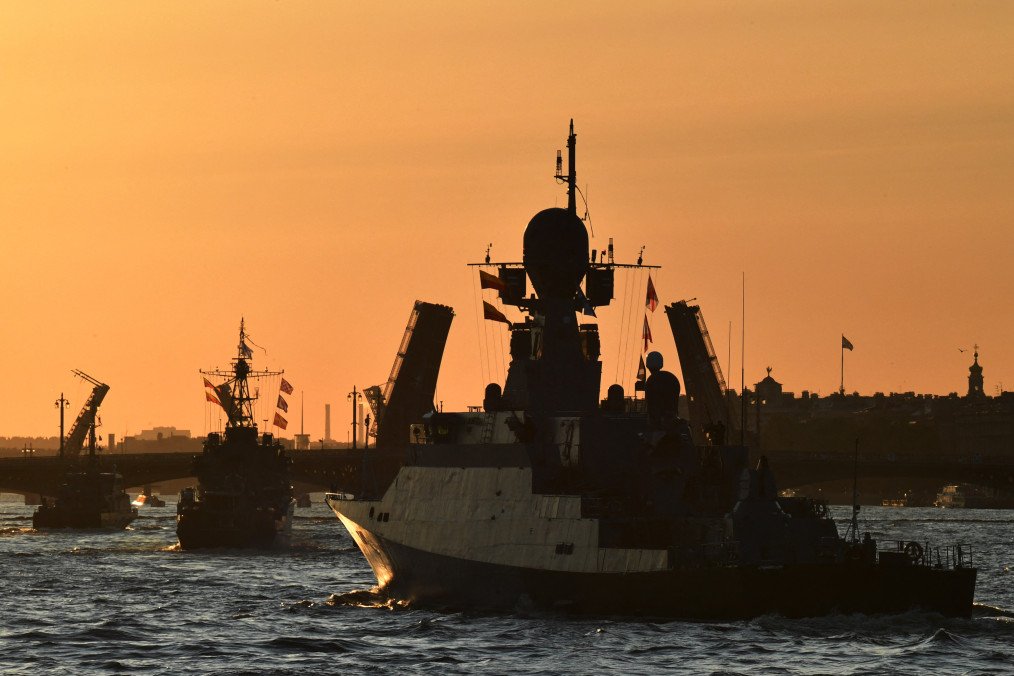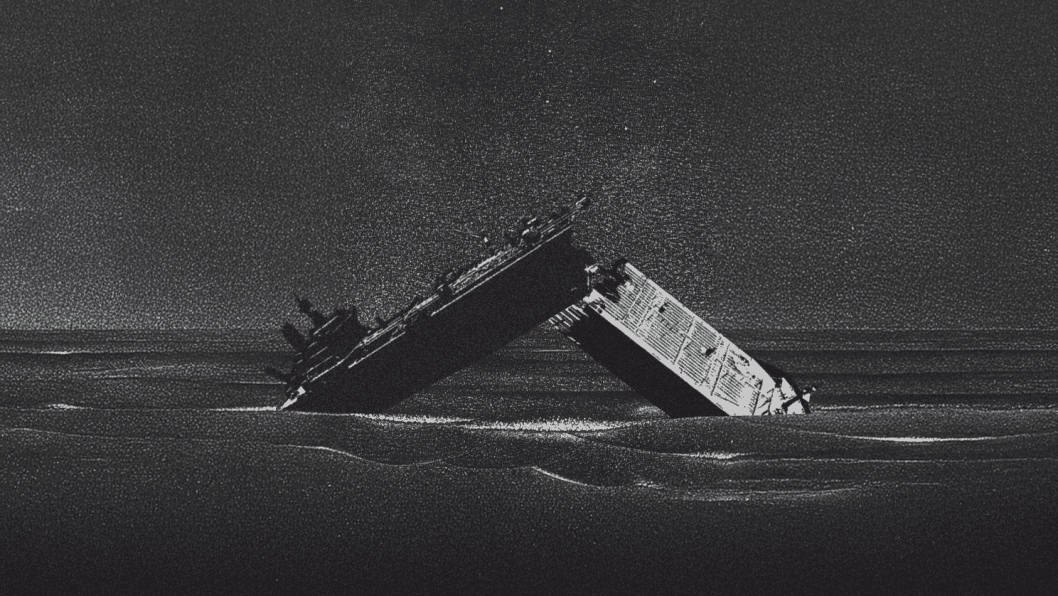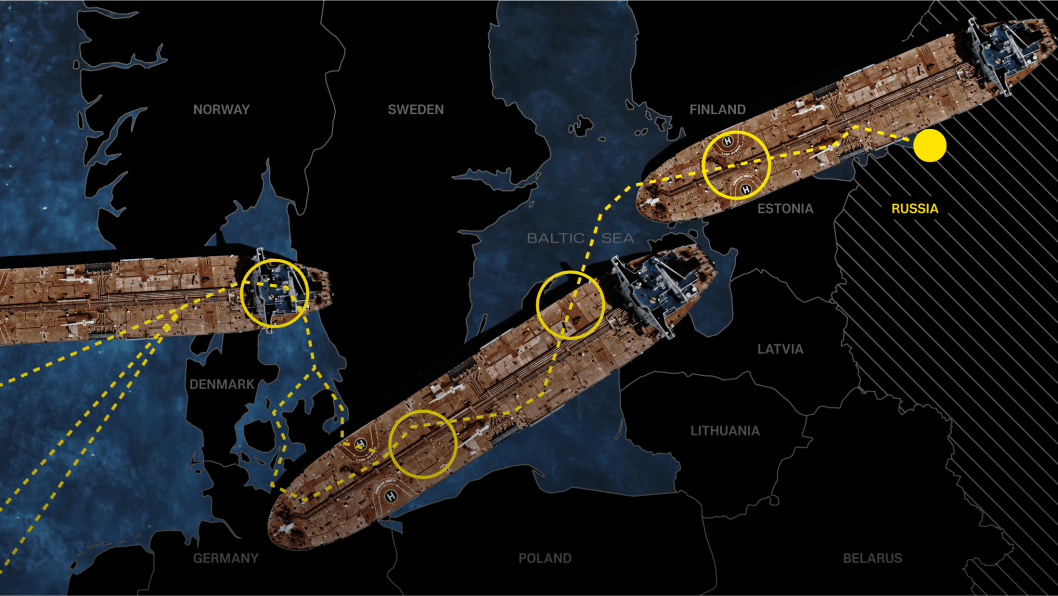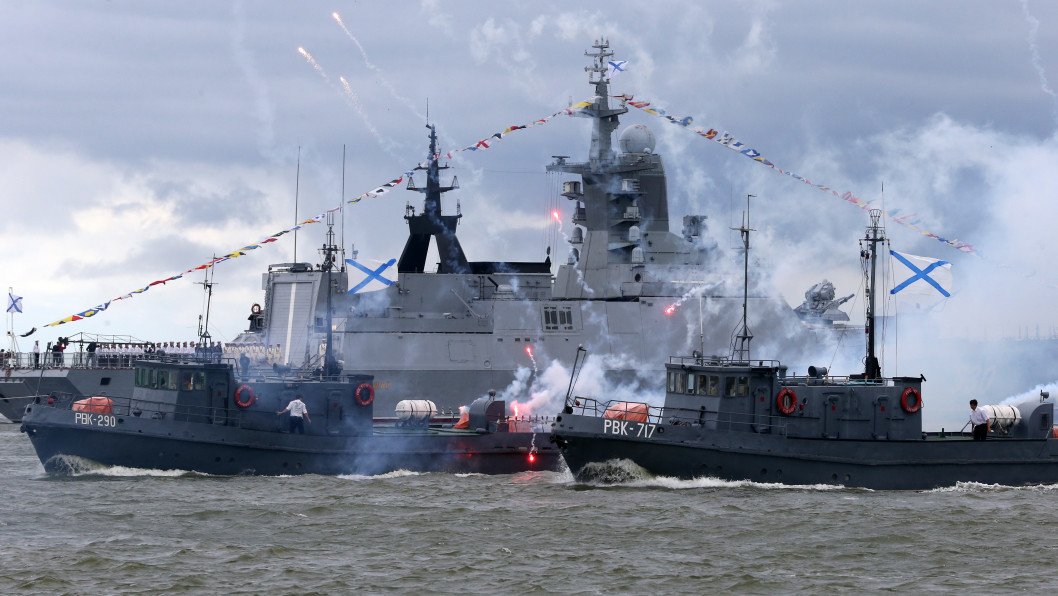- Category
- Latest news
Russia Sends Warship to Shield Sanctioned Tankers in First-Ever Escort Through English Channel

Russia has conducted its first documented naval escort of sanctioned tankers through the English Channel, signaling a shift in its approach to maritime sanctions enforcement.
On June 16, AIS tracking data confirmed that the Russian Navy’s Steregushchiy-class corvette Boikiy accompanied two shadow fleet tankers, the Selva and the Sierra, both under Western sanctions, as they transited toward Russian ports.
According to Army Recognition on June 23, the Selva, also known as Nostos or Naxos, was initially flagged under Panama but was later verified as operating under the flag of Palau. The Sierra, listed as Suvorovsky Prospekt, is sanctioned by both the UK and EU.
Maritime analysts at Starboard Maritime Intelligence described the escort as a deliberate act of deterrence, underscoring Russia’s willingness to provide military protection to commercial assets targeted by sanctions.
The Boikiy corvette has previously operated in the Baltic and Mediterranean regions and participated in Russia’s “Syrian Express” logistical corridor. Its latest operation comes amid growing scrutiny of Russia’s maritime logistics networks, particularly those involving its so-called shadow fleet—a group of aging tankers used to bypass the G7-imposed oil price cap and associated restrictions.

Russia’s shadow fleet is estimated to consist of 600 to 1,400 vessels, many purchased from Western companies since late 2022. These ships often operate with obfuscated ownership structures, frequent flag changes, and minimal oversight.
Common registries include Panama, Liberia, Palau, and the Cook Islands. Some vessels operate without valid insurance or rely on coverage from non-Western providers, posing regulatory and environmental risks.
The convoy’s passage through the English Channel—an international strait governed by the United Nations Convention on the Law of the Sea (UNCLOS)—further complicates enforcement. While UNCLOS permits innocent passage of warships through territorial waters, coastal states may challenge any activity deemed hostile or non-compliant.
Royal Navy surveillance assets, including HMS Somerset, were likely tracking the Russian convoy, though no direct intervention was reported.

The use of Boikiy marks the first confirmed instance of a Russian Navy ship actively escorting sanctioned vessels through the Channel. Analysts and OSINT observers on platforms such as Bluesky noted the move as a calculated test of Western resolve regarding sanctions enforcement.
According to Finland’s Defense Minister Antti Häkkänen, such armed escorts are unprecedented and represent a significant development in Russia’s maritime posture.
This incident follows previous episodes in the Baltic Sea where Russian military presence increased in response to enforcement activities by Finland and Estonia. In May, Estonian forces attempted to inspect the Gabon-flagged tanker Jaguar, but the operation was aborted after evasive maneuvers and a brief violation of NATO airspace by a Russian Su-35S fighter jet.
Russia later announced plans to strengthen naval protection of its maritime logistics routes, including near ports in the Leningrad region.

The Boikiy (hull number 532) is a Project 20380 corvette commissioned into the Baltic Fleet in 2013. It is equipped with a 100mm A-190 naval gun, Uran anti-ship missiles, Redut air defense system, and Paket-NK torpedo launchers.
The vessel also supports helicopter and UAV operations. Its latest escort mission was conducted with heightened force protection, indicating a potential change in operational posture.
Observers interpret the deployment of Boikiy as part of a broader strategy that blends conventional military presence with commercial sanctions evasion.
The move reinforces assessments that Russia is increasingly using naval assets to assert control over its oil exports and challenge Western efforts to curb its wartime revenue streams.
Earlier, on June 2, UK Prime Minister Keir Starmer announced a $20 billion overhaul of Britain’s nuclear program and plans to build up to 12 submarines under the AUKUS pact, signaling a shift toward full war-fighting readiness. The move comes amid growing concerns over global instability and questions about long-term US commitments to European security.



-c439b7bd9030ecf9d5a4287dc361ba31.jpg)



